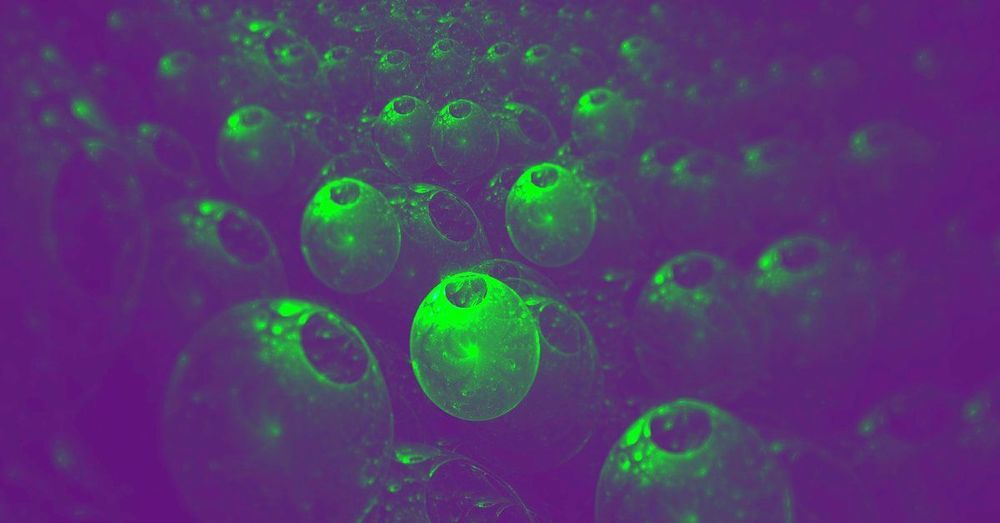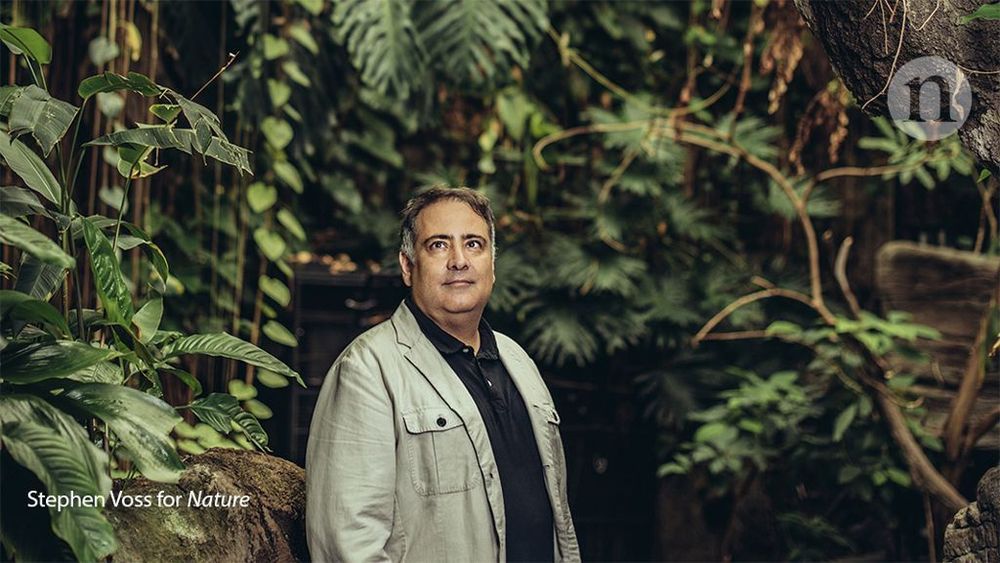A team of researchers with the Royal Botanic Gardens in the U.K. and Stockholm University has found that plant extinctions over the past two and a half centuries have been more extensive than previous estimates suggested. In their paper published in the journal Nature Ecology and Evolution, the group describes their exhaustive study of plants and which have gone extinct, and what it might mean for future plant life.
In recent years, botanists have estimated that fewer than 150 plant species have gone extinct in modern times—most due to human activities. In this new effort, the researchers have found that the real number is closer to quadruple such estimates—they found 571 plants that have gone extinct since 1753. That was the year that famed botanist Carl Linnaeus published his Species Plantarum—a collection of all known plant species at that time. The researchers also claimed that approximately three species of plants have gone extinct on average each year since 1900—a rate that they note is approximately 500 times the natural rate of plant extinction. The group came to these conclusions using information from a database started back in 1988 by workers at the Royal Botanic Gardens who have had the goal of adding every known plant on the planet. Since that time, over 330,000 plant species have been added.
The researchers also created a map showing where the extinctions have occurred, noting that most are in the tropics and on islands. The map also highlights some interesting hotspots as well, such as South Africa, Australia, India and Hawaii. They add that the main culprit is habitat destruction, though some have also suffered from being too popular with humans—the Chile sandalwood tree, for example, was harvested for its exotic aroma.
Read more






